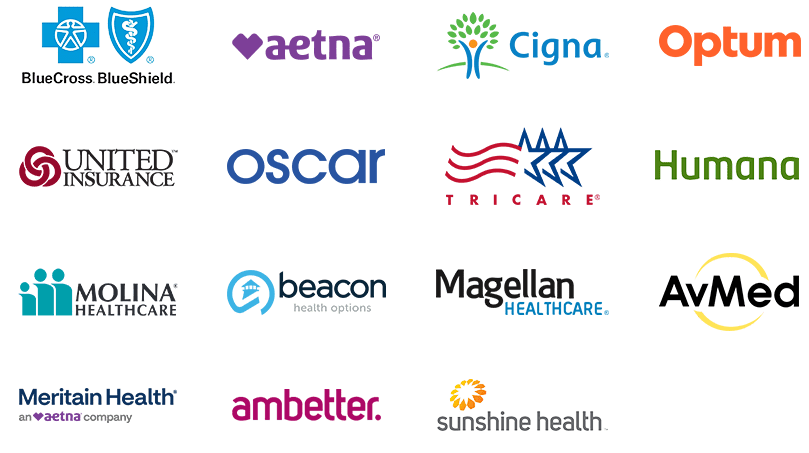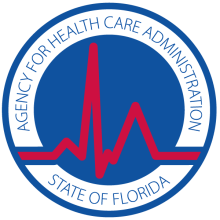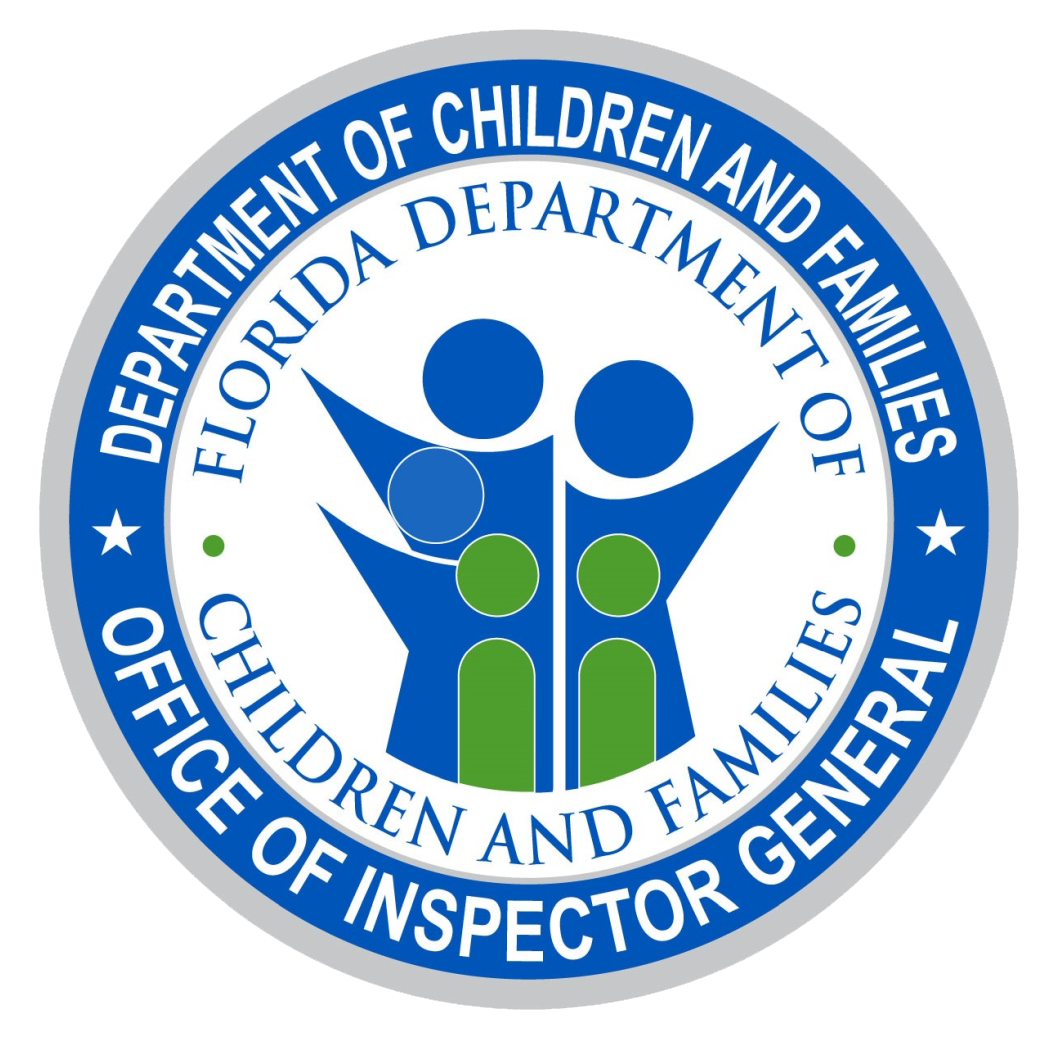Group Therapy for Addiction in South Florida
Explore the impactful realm of group therapy at our South Florida rehab, a therapy form often overlooked amidst various treatment options. Group therapy is a form of counseling where a group of people comes together to discuss common issues under the guidance of a licensed therapist. While individual counseling remains prevalent, holistic recovery necessitates a comprehensive approach, inclusive of group therapy. The group setting allows participants to share their experiences, give and receive feedback and support, learn new coping skills, and develop healthy relationships.
Unsure of its relevance in addiction treatment? Rest assured, we’re here to provide clarity. Here, we’ll delve into the essence of group support therapy, its multifaceted advantages, and its applicability across diverse individuals. Let’s examine how group therapy can significantly contribute to your path to recovery.

What Do You Do in Group Therapy?
What are Topics for Group Addiction Therapy
Group therapy sessions cover a wide range of topics tailored to address the complexities of addiction and promote recovery. Some common themes include:
- Relapse Prevention: Participants learn practical skills to identify triggers, manage cravings, and prevent relapse as they navigate the journey of sobriety.
- Coping Strategies: Group discussions delve into effective coping mechanisms to deal with stress, anxiety, and other emotional triggers without resorting to substance use.
- Communication Skills: Individuals practice healthy communication techniques, fostering assertiveness, empathy, and conflict resolution to enhance interpersonal relationships.
- Emotional Regulation: Therapy groups provide a safe space for participants to explore and process emotions, learning to regulate feelings without turning to substances for relief.
- Life Skills Development: Group sessions may focus on practical life skills such as time management, budgeting, and goal-setting to promote independence and self-sufficiency in recovery.
What to Expect in Group Therapy for Addiction
In group therapy, individuals should expect to participate in structured sessions facilitated by a trained therapist. They’ll engage in discussions and activities with a small group of peers, focusing on topics related to addiction recovery. Confidentiality within the group is emphasized to create a safe space for sharing personal experiences and emotions. Active participation and openness to feedback are encouraged to promote personal growth and support fellow group members. Overall, participants can anticipate gaining insights, learning coping strategies, and building a supportive network to aid in their journey toward recovery.
Request a Confidential
Callback 24/7
OVERCOME SYMPTOMS
DETOXIFICATION
Many individuals have wondered how patients handle early recovery since it requires them to abruptly stop consuming alcohol or drugs. Don’t they experience withdrawal? Actually, the vast majority of individuals don’t experience withdrawal during treatment because they overcome those symptoms during detoxification.
In short, detoxification often comes as the first phase of a patient’s treatment plan and consists of an initial period during which to concentrate on overcoming the physical aspects of drug addiction. Usually, under the supervision of physicians, nurses, and detox techs, individuals in detox treatment receive the support and care needed to mitigate withdrawal as much as possible, minimizing the discomfort that’s often associated with abruptly ceasing substance abuse.
Group Therapy vs Individual Therapy for Addiction
Peer Support: Group therapy provides a supportive environment where individuals can connect with peers facing similar challenges, fostering a sense of camaraderie and shared understanding.
Diverse Perspectives: Participants benefit from hearing different perspectives and experiences from group members, gaining insights and empathy that may not be available in individual therapy.
Social Skills Development: Group therapy offers opportunities to practice communication, assertiveness, and interpersonal skills in a safe and supportive setting, aiding in the development of healthier relationships.
Cost-Effective: Group therapy is often more cost-effective than individual therapy, making it accessible to individuals with financial constraints.
Personalized Attention: In individual therapy, the focus is solely on the individual, allowing for personalized treatment plans tailored to their specific needs, goals, and challenges.
Confidentiality: Individual therapy provides a confidential space for individuals to explore sensitive issues, emotions, and experiences without the presence of others.
Deeper Exploration: Individual therapy allows for deeper exploration of underlying issues contributing to addiction, providing a more comprehensive understanding of the individual’s struggles and motivations.
Flexibility: Individual therapy sessions can be scheduled at times convenient for the individual, offering flexibility in treatment planning and accommodating busy schedules.
Both types of therapy have a strong support structure. While group therapy emphasizes peer support and shared experiences, individual therapy focuses on one-on-one support and personalized attention. Each modality also offers opportunities for insight, personal growth, and skill-building, albeit through different approaches.
Group and individual therapy aim to promote recovery from addiction, their specific treatment goals and strategies may vary based on the individual’s needs and preferences. They’re often used together in addiction treatment, with each modality complementing the other to provide a comprehensive and multifaceted approach to recovery.


How Does Group Therapy Aid in Recovery
By actively engaging in group therapy, individuals can gain insight into their behaviors and thought patterns, develop healthier coping mechanisms, and build a strong support network to aid in their journey toward sustained recovery. Overall, group therapy serves as a valuable tool for promoting emotional healing, personal growth, and positive change in individuals recovering from addiction.
Therapy at Principles Recovery Center
Individual therapy involves one-on-one sessions between a client and a therapist or counselor. It focuses on exploring personal issues, emotions, and behaviors in a confidential and supportive environment. Individual therapy allows for personalized treatment plans tailored to the client’s needs and goals.
Family therapy involves sessions with family members and the client, facilitated by a therapist or counselor. It focuses on improving communication, resolving conflicts, and strengthening family dynamics. Family therapy aims to address family dynamics and relationships that may contribute to or be affected by the client’s addiction or mental health issues.
CBT is a form of therapy that focuses on identifying and changing negative thought patterns and behaviors. It helps clients develop coping strategies, challenge irrational beliefs, and learn healthier ways of thinking and behaving. Cognitive behavioral therapy is often used in individual therapy but can also be adapted for use in group settings.
Contingency management is a behavioral therapy approach that involves providing rewards or incentives to encourage positive behaviors, such as abstaining from substance use. It emphasizes reinforcement of desired behaviors and consequences for undesirable behaviors. Contingency management may be used in individual or group therapy settings.
Motivational interviewing is a client-centered therapy approach that focuses on exploring and resolving ambivalence about change. It involves empathetic listening, eliciting client motivation for change, and collaboratively setting goals. Motivational interviewing techniques can be used in both individual and group therapy to enhance client motivation and engagement in treatment.

WE’VE GOT
YOU COVERED!
Insurance coverage for treatment is within reach. We are in-network with most insurance carriers in South Florida.

Join Us for Group Therapy at Principles Recovery Center
From detoxification and residential treatment to outpatient programs and aftercare support, Principles Recovery provides a continuum of care to address all aspects of the recovery journey. With a focus on evidence-based therapies, holistic approaches, and a commitment to individualized care, we empower individuals to achieve lasting sobriety and a brighter future. Contact us today and begin your recovery journey.
CREDENTIAL HIGHLIGHTS



